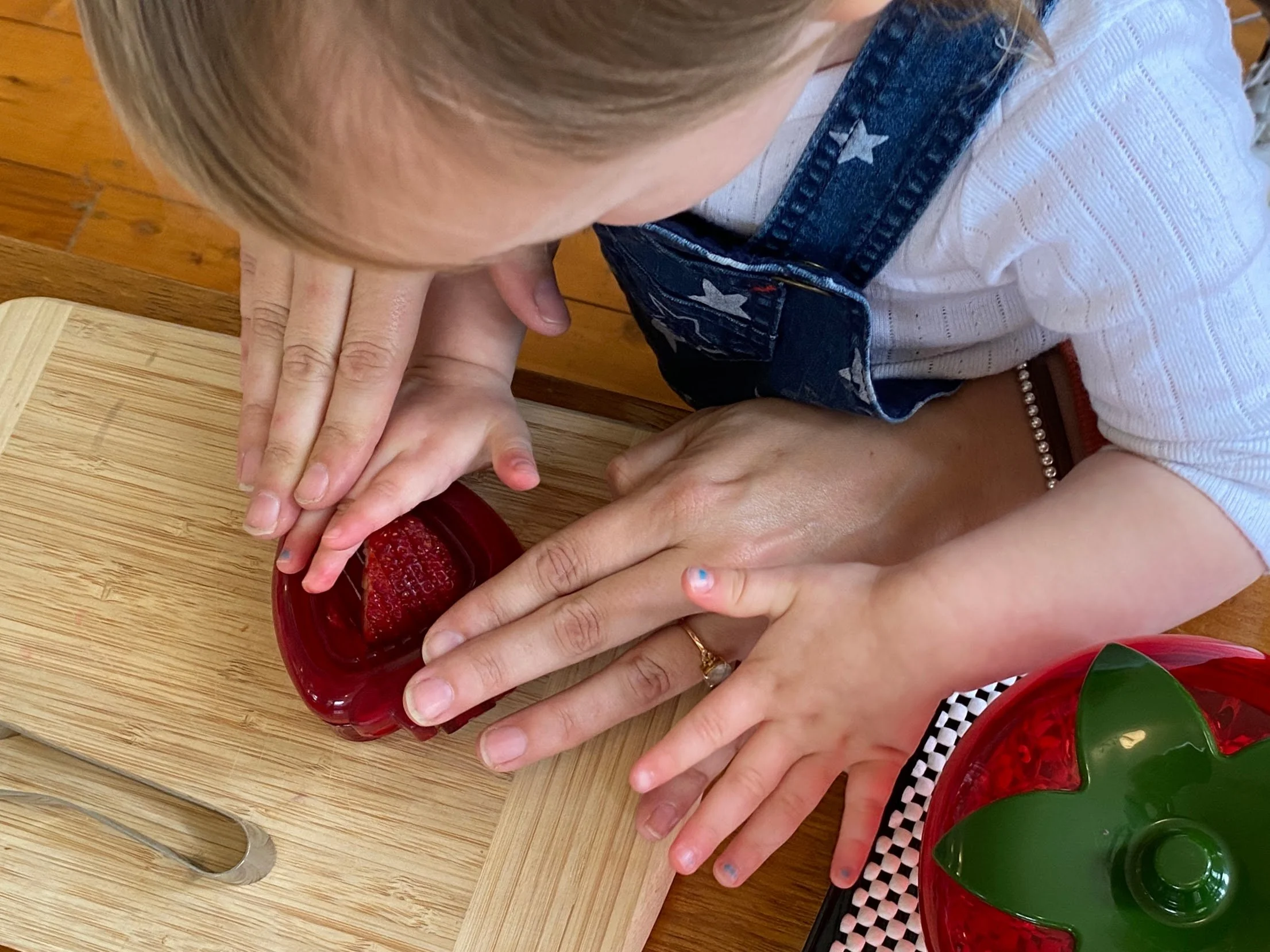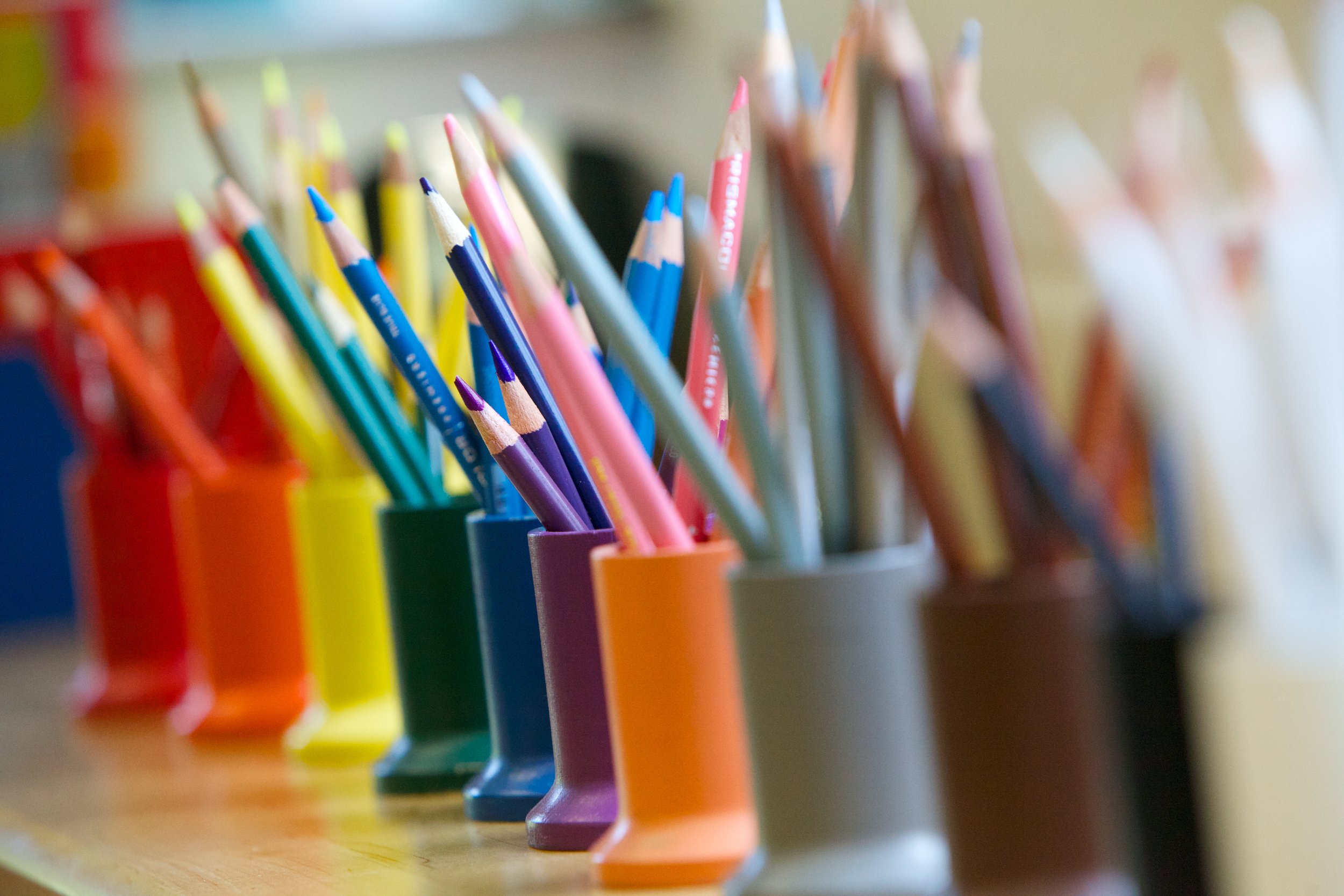
What Is Montessori?
Montessori is an educational philosophy focused on the total development of the child—social, emotional, intellectual, physical, cultural and spiritual.
Developed by Dr Maria Montessori in the early 20th century, it was considered a groundbreaking approach at the time. Today, with the benefit of research, this holistic educational method has been shown to be most beneficial for the child’s current development and as a preparation for their future learning. The Montessori approach has played a role in Australian education for over 100 years. In 2020, over 22,000 Montessori schools across the globe celebrated the 150th anniversary of Dr Maria Montessori’s birth.
The key outcomes of a Montessori education include:
Independence and tolerance with respect for the rights and needs of others.
Initiative and self-motivation, embedding effective work habits for the future.
Creative intelligence and imagination.
Confidence, self-esteem and a sense of achievement.
The Montessori philosophy is child-centred, based on mutual respect and cooperation, and provides a secure and ordered environment in which the child feels free to explore, discover and realise their potential.
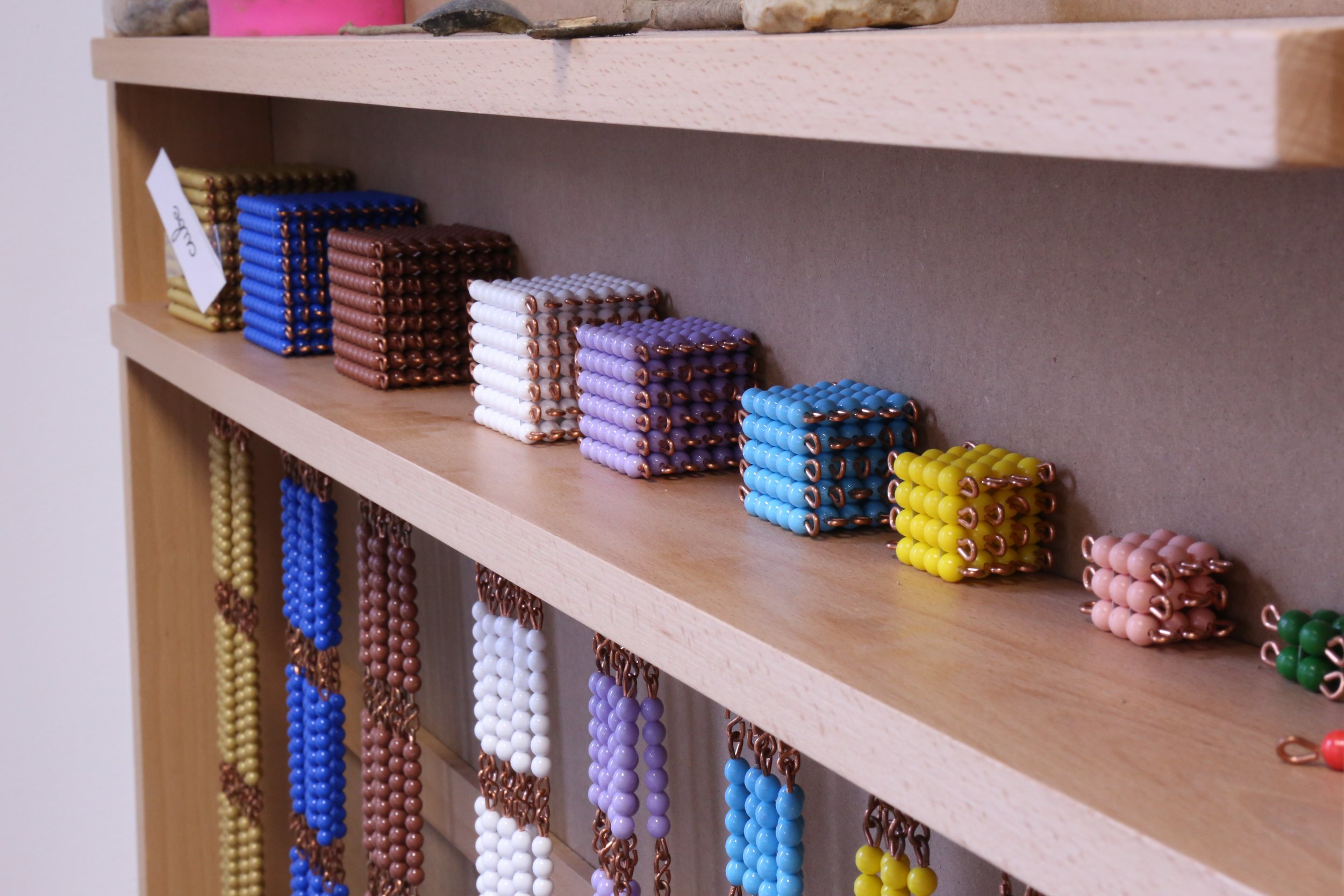
The Montessori Difference
Why Choose It?
-

1. Child-centred learning environment
Carefully prepared to meet students’ needs at each level of development.
Offers freedom to move, explore and interact, within limits.
Designed to support individualised learning.
Encourages self-motivation and time management.
Responsive and adaptive to students’ development.
Calm, ordered and respectful.
-
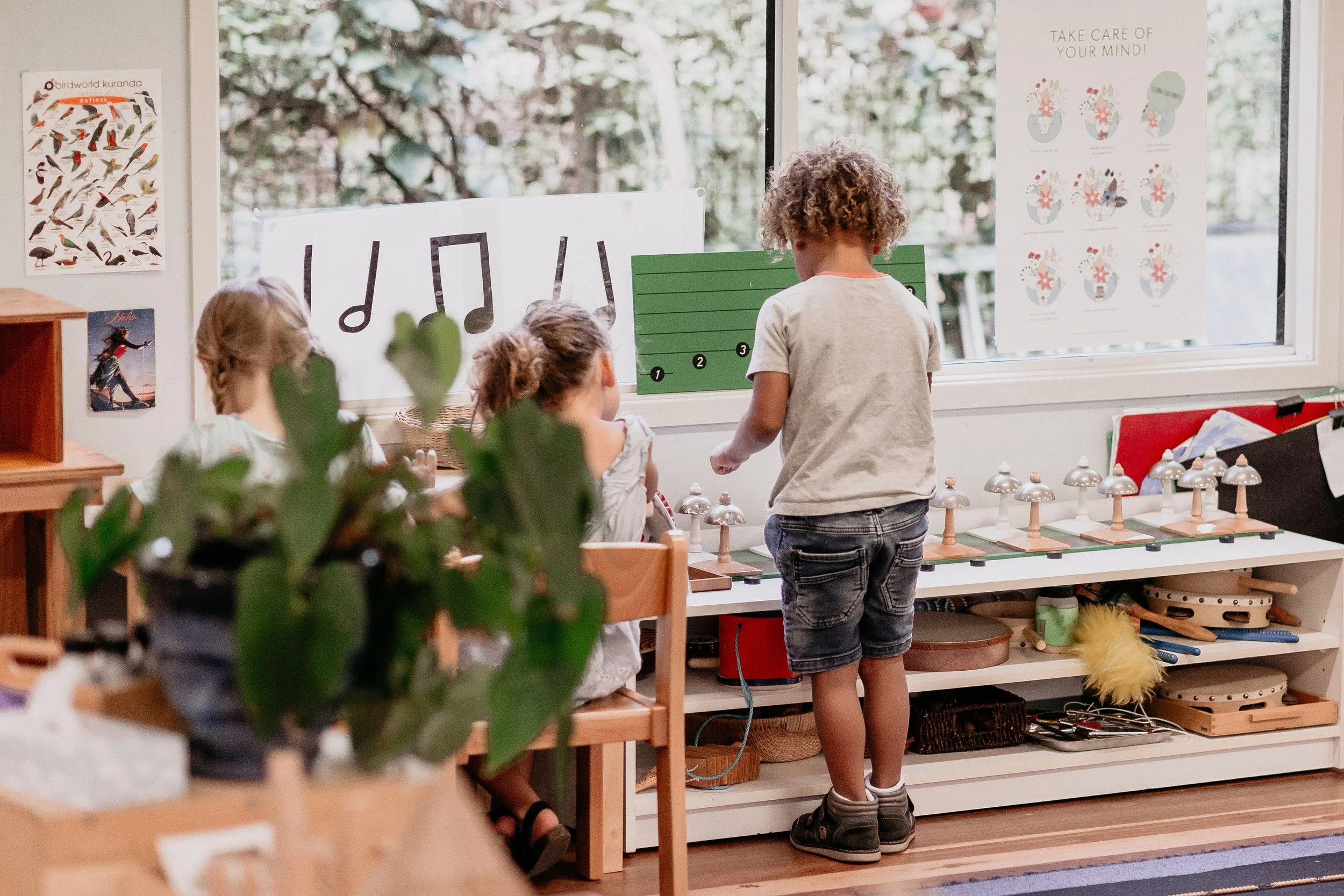
2. Purpose-designed learning activities
Physical materials provide active, hands-on learning
Progress sequentially to support understanding of concepts from concrete to abstract.
Contain a built in control of error, allowing children to self-correct.
Promote independence, concentration and a sense of satisfaction.
Encourage children’s intrinsic motivation to learn
-

3. Community Focused
Classes are mixed age, creating opportunities for leadership and peer teaching.
Students stay in one environment for three years, fostering strong bonds and a sense of ownership.
Focused on cooperation and collaboration, not competition.
-
4. Educates the whole child
Cultivates the child as a full human being.
Instills universal values of respect, tolerance, compassion and responsibility.
Incorporates the development of practical life skills, promoting independence.
Promotes service to others and a global perspective.
Works in harmony with the stages of children’s physical, academic, social and emotional growth.
-
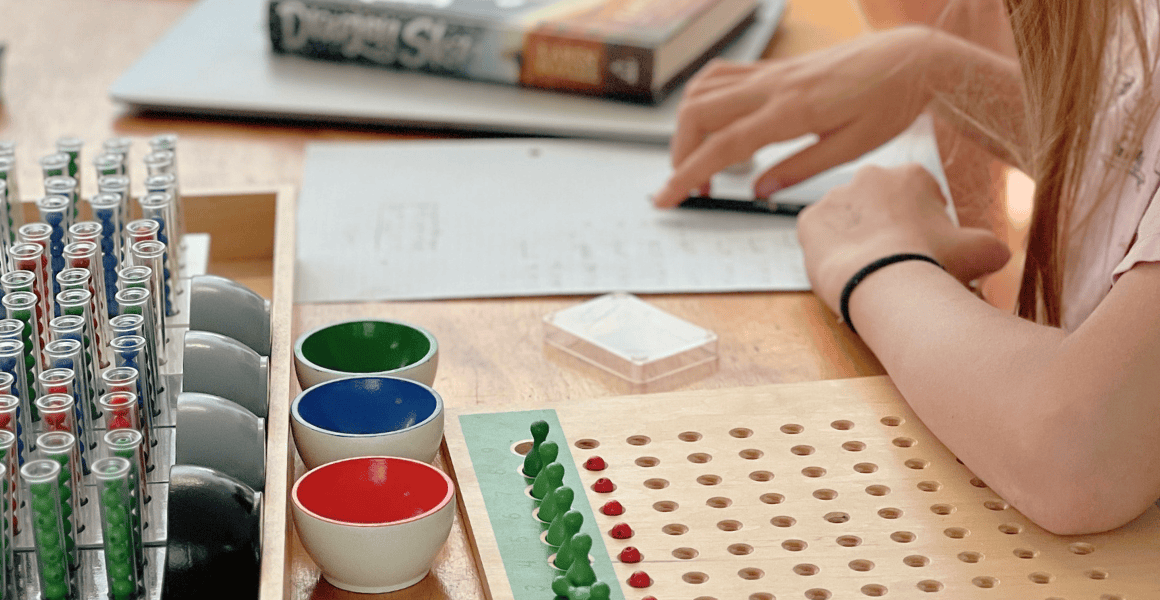
5. Teachers as facilitators
Empathetic while providing clear and consistent limits.
Close observation allows teachers to respond effectively to learning and behavioural needs.
Work collaboratively with students as an educational resource.
Engage respectfully with students and model desired behaviours and attitudes.
Accept that children learn in different ways and at different paces, and adjust strategies and timeframes to individual needs.

Frequently Asked Questions
-
Attending Playgroup is a great way to understand the Montessori philosophy and begin experiencing the materials, as well as the support provided. Alternatively, children can start the first cycle at 3 years of age (Preschool). The consistency and prepared environment make it an ideal setting to support children’s growing desire for independence and curiosity to learn.
-
Each class is led by a Director and supported by one to two Support Educators with a maximum of 20-27 mixed-age children. Additional assistance is provided by our Learning Support Director
-
Montessori classrooms take a child-centred approach, designed to suppor children's natural developmental timeline - academically, socially and emotionally. The classrooms are thoughtfully arranged with purposeful materials that children can access independently, with support and guidance.
-
Sports are included in the curriculum each term, with activities such as swimming, surfing, t-ball and athletics (including a Montessori Sports Carnival), along with ongoing class games and physical activities throughout.
-
Students transition easily into private, public and independent secondary schools. Montessori has prepared them with excellent skills of time management, self-direction, resilience, conflict resolution, leadership and relationship building. As a registered independent, non-government school we follow the same NSW curriculum and NESA outcomes as mainstream public schools.
Video Overview
The Montessori method of education is over 150 years old, but steeped in our modern understanding of child development.
With scientifically devised materials and evidence based research to back up her understanding and the results of this foundational education style on adult wellbeing, there’s a lot to learn and understand for those that wish to dive deeper.
And for great tips and tricks on parenting out babies, toddlers and beyond with this philosophy in mind, we have curated a range of materials on your behalf.

What People Say
"The atmosphere in the classroom is how I wish the rest of life and the world could always be: calm yet full of spark; engaged and present; peaceful; happy. What a great start to life this gives our children! Thank you so much for cultivating this environment ;-) Every time I observe in the classroom I’m even more committed to this amazing school. ”
Anonymous, BMS Parent
“I'm sure attending Preschool 5 days a week helped to foster my daughter's independence, predictability, order, organisation, and her sense of control through this new stage.
I discovered that the fears and insecurities were mine, but so were the certainties of the chosen institution, the human group that runs and supports it, and the Montessori methodology, which was a life changer in my daughter's development (and mine as parent).”
Josie, BMS Preschool Parent
“I admit I felt a little hesitant about sending our 3‑year‑old to preschool five days a week. But it’s been the best decision we've made.
Seeing her develop further into a happy, social, confident little person with a true love for learning makes us very proud and the 5 days a week give her routine, a great sense of belonging and helps her build strong friendships.”
Jip, BMS Preschool Parent
“Being at BMS has taught us the importance of community, and that the childhood education journey is a collaboration that requires planning, open communication, persistence and trust….It’s a proud moment to travel full circle - for the growth and independence that you hope for your child to be actualised. We are truly grateful for all BMS staff that have supported us and look forward with positivity to his unfurling into adolescence.”
Anna, BMS Graduate Parent
“The parent education nights are inspiring. I always leave feeling incredibly grateful that my children are taught in a beautiful, prepared environment using such carefully considered and crafted materials by passionate, keenly observant educators. I wish this had been my primary school experience!”
Anonymous, Graduate Alumni and Upper Primary (9-12 yrs) Parent

